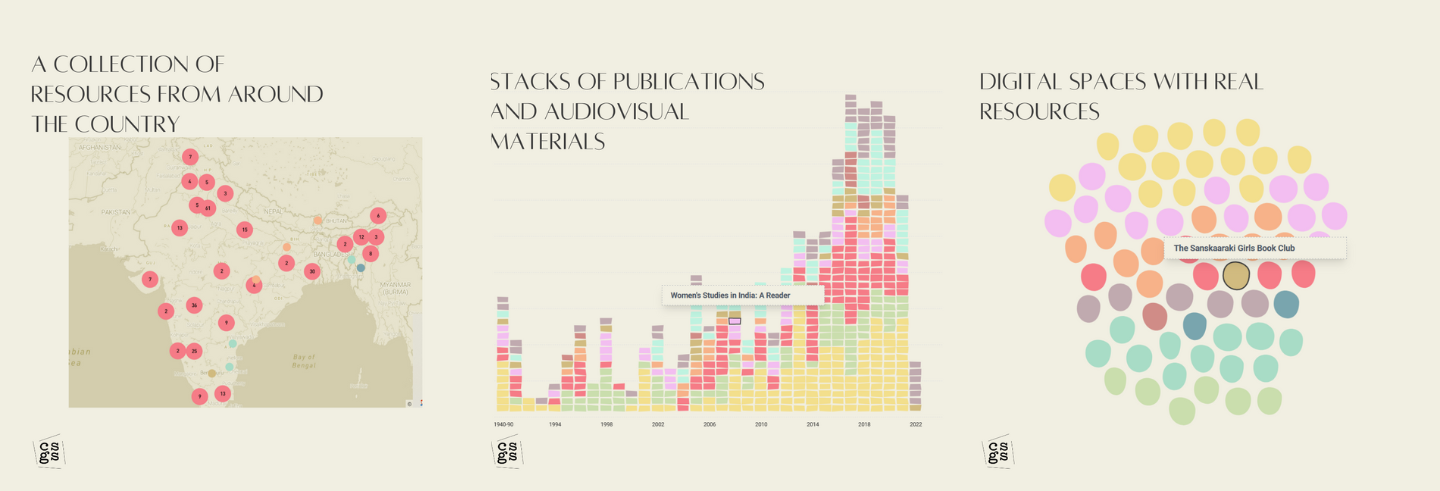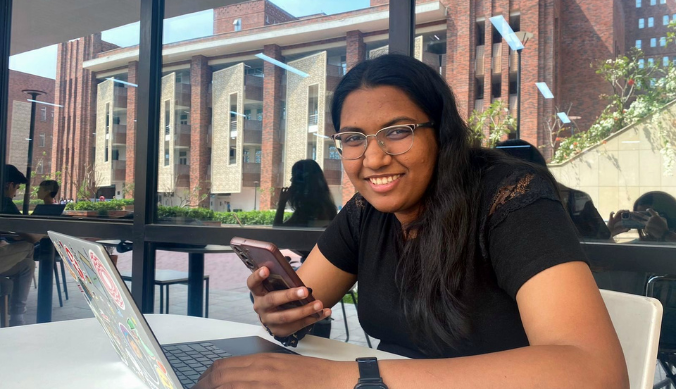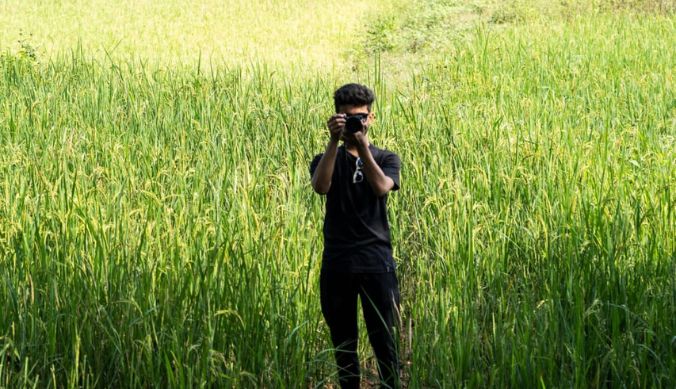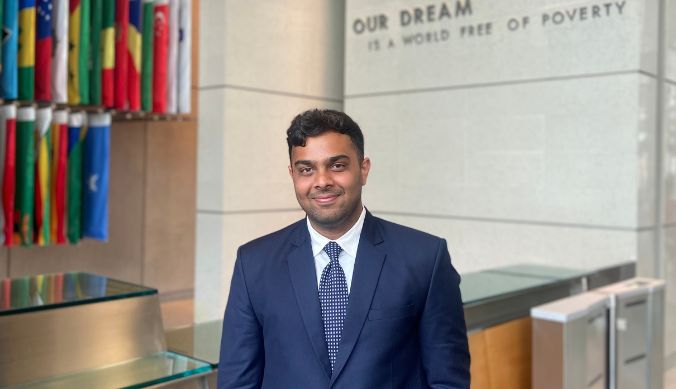Mapping Sexuality in India: One-Stop Resource Directory by CSGS
With a view to strengthen its efforts towards archiving and disseminating intellectual resources, the Centre for Studies in Gender and Sexuality (CSGS) has just launched the Mapping Sexuality in India project
The Mapping Sexuality in India project by the Centre for Studies in Gender and Sexuality (CSGS) is a one-stop resource directory that traces the state of the field of gender and sexuality studies in India vis-à-vis varied interventions. The Centre envisages this as an urgent resource to encourage critical thought and one that will direct interested scholars and organisations to relevant resources in the field.
The repository maps the interventions in terms of articulations of the discourse through institutionalisation, events, or in literature, performance, and online spaces, bringing forth a multiplicity of voices that make legible the politics of gender and sexuality in India. The listed resources are ones that formulate, contest or reimagine concepts of identity, rights, inequality, fantasy, pleasure, and politics through which we approach the broader domains of gender and sexuality and their dissonances. While this list is far from exhaustive, the interactive maps, charts, and figures in the Directory provide an enriching and user-friendly experience to navigate the website, designed as a visual metaphor for the fluidity of gender and sexuality.
We also think of Mapping Sexuality as a knowledge companion which transgresses the conventional modes of cartography. We use mapping as an exercise of radical inclusion by advocating for varied voices, spaces, and texts. In a world focused on creating borders, boundaries, and walls for maps, we aim to create a space that can exhibit more fluid delineations. These markers which point us to the many exuberant spaces of gender and sexuality in India are also markers of spaces that are safe for queer individuals, women, and people from marginalised class and caste locations. To map, therefore, is also a conscious exercise of informing those in need of the many places which exist as their resource.
Mapping Sexuality in India recognizes the importance of ‘data’ in every day and how its very collection and use can shape our lives. For this reason, the project is conscious about whose voices are foregrounded and what might get excluded in the process. The team involved constantly shared, reflected on, contested, and reimagined the logics of inclusion and exclusion that form this expansive exercise. Yet, there are limitations that such a process entails. For example, the publication category primarily lists works by people based in India. This is not with the claim that scholars, activists, and interventions based elsewhere do not impact the field but such an approach enabled for the data collection process to take shape in a particular direction.
In addition, one of the major interventions shaping the discourse is legal cases and judgments, which are not a part of the directory at the moment. However, it is a work in process, and will soon be incorporated, in addition to including reading lists, annotated bibliographies, and podcasts for critical thinking and creative forms of expression. The larger goal of the project is to continue being a living, breathing resource that only becomes more comprehensive over time and ensures easy accessibility. Greater knowledge of multiple voices and especially the centering of marginalised voices is instrumental for a project of this kind, and therefore, the Directory relies on user inputs to shape its form and content. This places diverse people as co-researchers in the process to document multi-faceted, inter-disciplinary knowledge and transformations that enrich, shape, and reshape feminist politics and pedagogies.
CSGS presents this directory as a site to preserve, aggregate, and consolidate people’s voices, as they acknowledge, contest, resist, subvert or refuse the many ideas that exist in the realm of gender and sexuality. It is also an attempt to challenge the exclusion of non-Western feminist voices and the erasure of feminist histories, either shadowed by Western feminisms or collated into a singular, homogenous category of feminism. It is a refusal at being “written out of history” and memory. It speaks in multiple voices – of academia and activism, courses and causes, movements and marches, pedagogies and protests, publications and policies while acknowledging them as fluid categories. The project aims to enrich counter-narratives that challenge and disrupt dominant forms and sites of knowledge production. We anticipate and hope that Mapping Sexuality in India continues to bring into conversation multiple voices, texts, and visuals that unsettle singularities and embrace struggles over meaning-making.












